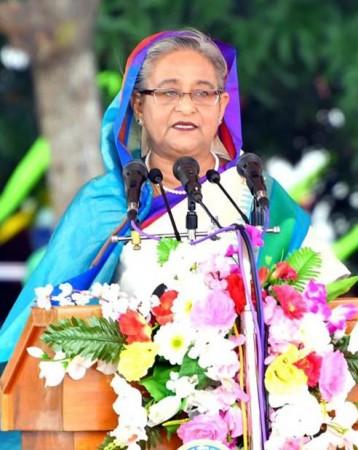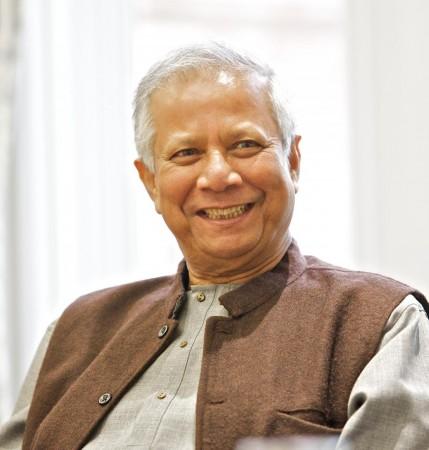
Indian Overseas Congress Chairman Sam Pitroda on Saturday said that former Bangladesh Prime Minister Sheikh Hasina's biggest mistake was putting the current Chief Adviser to the interim government "under scanner."
He also expressed the hope that the Chief Adviser Muhammad Yunus will take all the necessary steps to safeguard the minorities in the country. Pitroda said that Hasina's decision to put Yunus under the lens was perceived as dictatorial by many around the world.
"People make decisions based on their perception of leadership and the position they hold. However, from an external viewpoint, things appeared somewhat dictatorial. I recall when she put Yunus under the scanner; globally, many people were unhappy because he has a significant reputation. He won a Nobel Prize and has devoted his life to Bangladesh and its poor women," he said.
Labelling it as a sign of "putting democracy under threat," he said, "While we may not agree with everything he did, overall, he deserves a lot more respect. This sent a global signal of a dictatorial attitude in governance."
Pitroda also asserted that the same scenario could be seen unfolding in several parts of the world, where institutions such as the Election Commission, judiciary, universities, tax departments, and police are being captured.
"Maybe this situation in Bangladesh escalated to a point where it suddenly spiralled out of control. It was surprising, especially considering the speed at which it happened," he added. Speaking on the condition of minorities in Bangladesh, he hoped that Yunus would follow up on his commitment to work on the same as he assured Prime Minister Narendra Modi.

Talking about the similarity in conditions between India and Bangladesh, Sam Pitroda said that a comparison is not possible in this case as India is a "vastly different country—too big, diverse, and complex." "India is much more aware of democracy and its roots. I would not compare India in the same league as Bangladesh, mainly because of the population and the kind of democracy we have," he said. Pitroda, however, said that there is "always the danger of an authoritarian attitude."
"Look at America; I came here 60 years ago and never thought there would be a day when America would need to be concerned about authoritarianism... American institutions are independent and full of talent and courage," he said, adding that many Indian institutions "lack the courage to stand up for what is right. So, while India is different, anything can happen."
Pitroda added that a way should be figured out to give asylum to Sheikh Hasina that goes well with everyone. "We have a good relationship with Bangladesh. We should work out a way that everyone is happy --Bangladesh, India, and Sheikh Hasina. We don't want any further disturbances," he said, adding that if Hasina has to stay in India for a while, "I'm sure it will be okay, and we will work things out."
He stated that it is in the interest of India, Bangladesh, and other nations to ensure that the South Asian country returns to normalcy as soon as possible, with peace prevailing and the economy functioning as it has been. Speaking on the India-Bangladesh bilateral ties he said that it would be hard to predict how things turn out after Sheikh Hasina's ouster and the establishment of an interim government.
"It's hard to say how things will unfold there, but if people like Yunus are at the helm, I can assure you the relationship will be good. I know him personally and have known him for over 30 years. I respect him, and we have a good friendship. He is a man with a vision and is well-respected worldwide. He would want good relations with India because he understands the value of it. We also respect and want good relations with Bangladesh," he added.
(With inputs from IANS)

















